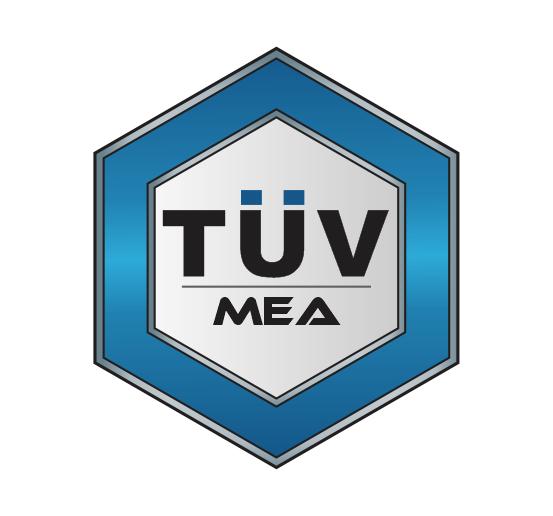ISO 27001:2013 (ISMS)
ISO 27001:2013 is an international standard for Information Security Management Systems (ISMS). It provides a systematic approach for managing and protecting sensitive information within organizations. The standard outlines a set of requirements and best practices to establish, implement, maintain, and continually improve an ISMS, which is designed to ensure the confidentiality, integrity, and availability of information assets.

Introduction
ISO 27001:2013 is part of the ISO/IEC 27000 family of standards, and it provides a framework for organizations to manage and protect their information assets. The standard focuses on a risk-based approach, emphasizing the importance of identifying and mitigating information security risks. It is applicable to organizations of all types and sizes, including commercial enterprises, government agencies, and nonprofit organizations.
The standard defines the following key elements:
Organizations must determine the scope of their ISMS and establish boundaries for information security management.
An organization should develop an information security policy that sets the direction and objectives for information security within the organization.
Identifying and assessing information security risks is a fundamental aspect of ISO 27001. Organizations must implement controls and measures to mitigate or accept these risks.
Establishing objectives and selecting appropriate security controls to achieve those objectives is a critical component of ISO 27001.
Proper documentation of the ISMS, policies, procedures, and records is required to demonstrate compliance and facilitate management and monitoring.
Regular management reviews are necessary to ensure the ISMS remains effective and continues to meet the organization's goals.
ISO 27001 emphasizes the need for continuous improvement, meaning organizations should regularly assess and enhance their information security practices.
Benefits
ISO 27001 helps organizations identify and address information security risks, leading to better protection of sensitive information and reduced vulnerabilities.
Achieving ISO 27001 certification can assist organizations in meeting legal and regulatory requirements related to information security and data protection.
Customers and partners often have more confidence in organizations that demonstrate their commitment to information security through ISO 27001 certification.
By systematically managing information security risks, organizations can reduce the likelihood of security incidents and breaches.
ISO 27001 encourages the establishment of efficient processes for managing information security, which can lead to operational improvements and cost savings.
ISO 27001 certification can set organizations apart from their competitors, especially in industries where information security is a critical concern.
Effective risk management in line with ISO 27001 principles can enhance an organization's ability to maintain business operations even in the face of disruptions.
Suppliers and partners may be more inclined to collaborate with organizations that have implemented ISO 27001, as it signifies a commitment to secure information handling.
A strong information security management system can boost an organization's reputation, as it demonstrates a dedication to protecting data and privacy.
While there are costs associated with implementing ISO 27001, the reduction in security incidents and breaches can lead to long-term cost savings.
